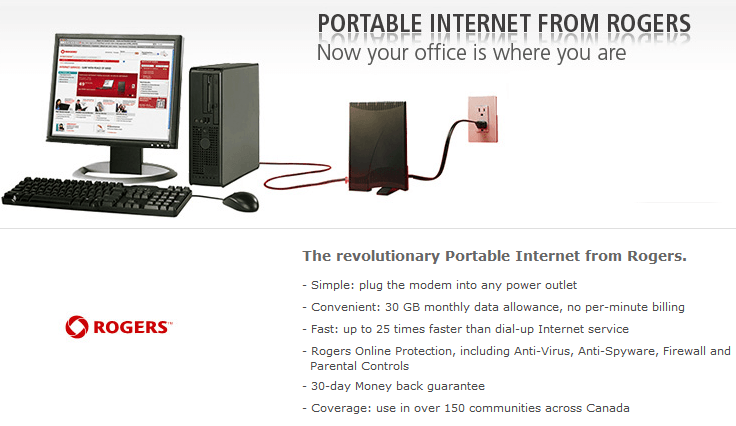 Time Warner Cable customers in southern California face substantial rate increases in 2012, including a budget-busting $49.99 service call fee to install increasingly expensive cable service.
Time Warner Cable customers in southern California face substantial rate increases in 2012, including a budget-busting $49.99 service call fee to install increasingly expensive cable service.
The bad news is arriving in customer bills this month, with substantial price hikes for cable television — including a 27.4% increase for the package that only includes local broadcast channels. Time Warner Cable blames increasing programming costs for the rate increases, which are several times higher than the official rate of inflation — 3.5%. Most customers with bundled television, telephone, and Internet service will see a smaller increase on the magnitude of a few dollars, but for those picking and choosing only a few items from Time Warner’s menu, the price tag for individual services will be higher.
The largest rate increase comes when the cable company sends a truck to a home or business. Time Warner was charging $32.99, but will now charge $49.99 — a 51.5% increase. The cable company has also been pushing its home networking Wi-Fi option, and will now charge $69.99 to install it, up from $49.99.
Time Warner Cable spokesman Jim Gordon tells the Los Angeles Times not everyone will pay those prices. Certain promotions may lower those rates, or waive them altogether. But the company offered little explanation to justify such a major price hike.
 One of the cable company’s competitors, DirecTV, scoffed at Time Warner’s rate increase, noting the satellite company only raised prices an average of 4% earlier this year, and anticipates a similar increase in 2012.
One of the cable company’s competitors, DirecTV, scoffed at Time Warner’s rate increase, noting the satellite company only raised prices an average of 4% earlier this year, and anticipates a similar increase in 2012.
The effect of the latest round of rate hikes is likely to drive even more customers to cancel or cut back on cable services. An increasing number are dropping cable television service altogether, relying on broadband for video entertainment. The cable industry’s response to cord-cutting has been a combination of increased online viewing options for cable-TV customers and usage caps and overlimit fees on broadband that either discourage online viewing or attempts to profit from it. Time Warner Cable executives said as recently as December they plan to eventually introduce “usage based billing” of Internet service “the right way rather than quickly.”


 Subscribe
Subscribe



